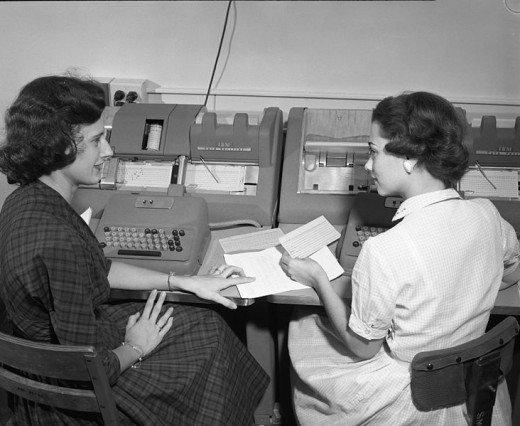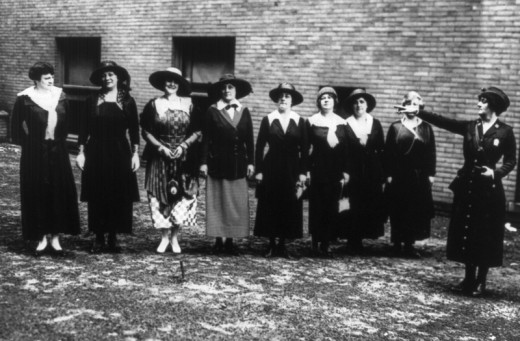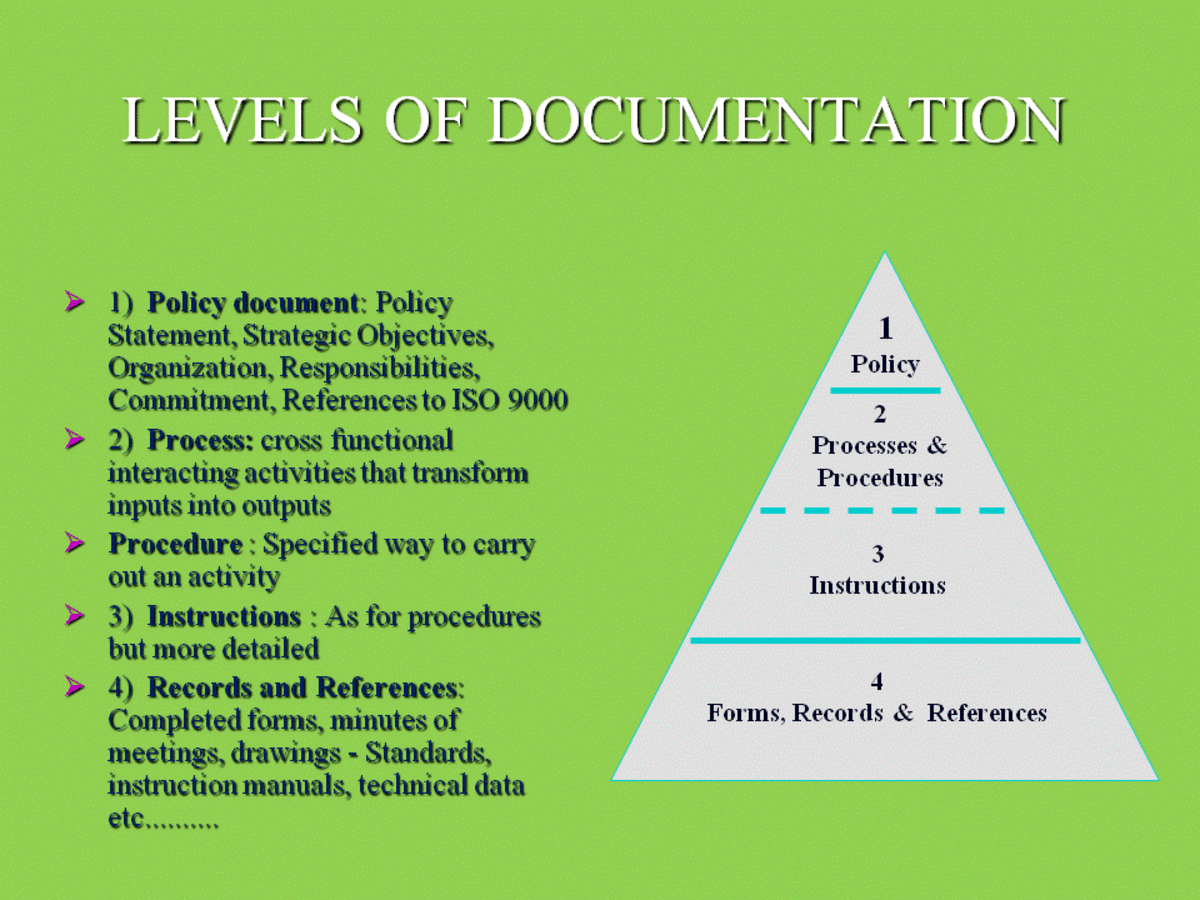How to Give Criticism Constructively

The Art of Criticism
“Criticism may not be agreeable, but it is necessary. It fulfills the same function as pain in the human body. It calls attention to an unhealthy state of things.” -Winston Churchill
Criticism is something people deal with every day in many situations. It is typically meant for the purpose of feedback: meant to improve performance however it's often misused, overdone and provoked anger in place of work ethic.
Let's discuss five professional and appropriate rules you should always follow when you are going to critique performance. Rules that will surely help you maintain mutually a respectful relationship with any person whose performance you are hoping to help improve.

Motive Matters
Before you have any type of discussion it's important that you are clear about your own motive. Criticism should not have emotional derivatives because emotions have an IQ. of zero. You cannot make a clear and concise point based off of your emotions. It is probable that the person you are speaking to will have a completely different perception if you base your criticism on emotion.
Another important factor to remember is whether or not the information has been previously agreed upon or understood by both parties such as a prior work review or probationary document. If you are approaching an employee based on the hearsay of another employee, you should commence upon the situation carefully unless you are certain it is factual.
“How much easier it is to be critical than to be correct.” -Benjamin Disraeli
Make Notes and Prepare
Before you meet with your lucky candidate, jot down what you intend to say. Preparation is very important in all aspects of life. Once you have your notes, go over them to ensure you are not basing your suggestions or comments on assumption or anger. Perception is 100% selfish. What you perceive as being clearly communicated to your employees or to your spouse might not be as clear as you intended.

Make and Appointment
Asking someone for their time starts things off on a positive path because it shows that you respect them. It affords both of you time to prepare and stifles an unnecessary blitz which can often lead to emotional and angry endings.
Now that you have an appointment set. Relax and go over your notes. Mark off those which are menial and could perhaps trigger an argument or extraneous emotions but make sure that you include the necessary information you need to convey. Remember, it is meant to benefit the other person, the business, the relationship, the family...you get the point. It should be presented positively.
“A coach is someone who can give correction without causing resentment.” - John Wooden
Lose Your Ego and Listen
One of the best ways to begin a meeting is by asking questions. This may bring light to your situation by changing your perception because an explanation is now in place. Asking questions may give you a better insight prior to delivering your critique.
If you are amid discussion and the other person feels they need interject or would like to explain, afford them the opportunity to do so at the appropriate time. There isn't anything pleasant about being reprimanded and being unable to defend yourself.
Have you ever been yelled at, humiliated or verbally bashed at work?
Be Respectful and Positive
One of the best coaches I've ever worked with used to say, "Sugar goes a lot farther than vinegar." Whether you're working with children or adults, no one wants to hang around to be bullied, harassed or put down. When you are asking someone to better themselves, begin by sighting the things they already do well: those things that benefit the company, the relationship or the family. Find a way to bridge the conversation into ways they can improve their job performance or as a partner. Keep emotion out of the conversation and stay on task. If they become upset, remind them that they are not in trouble, you are just working on ways to make the company the best it can be.
There will undoubtedly be times for more serious conversations. When those occasions arise, you can use all of these suggestions as they will hopefully work the same and you will remain calm! Never lose control - once you lose that, you've pretty much lost everything.
Once your meeting has commenced, thank the person for meeting with you. Again, you are showing mutual respect.









